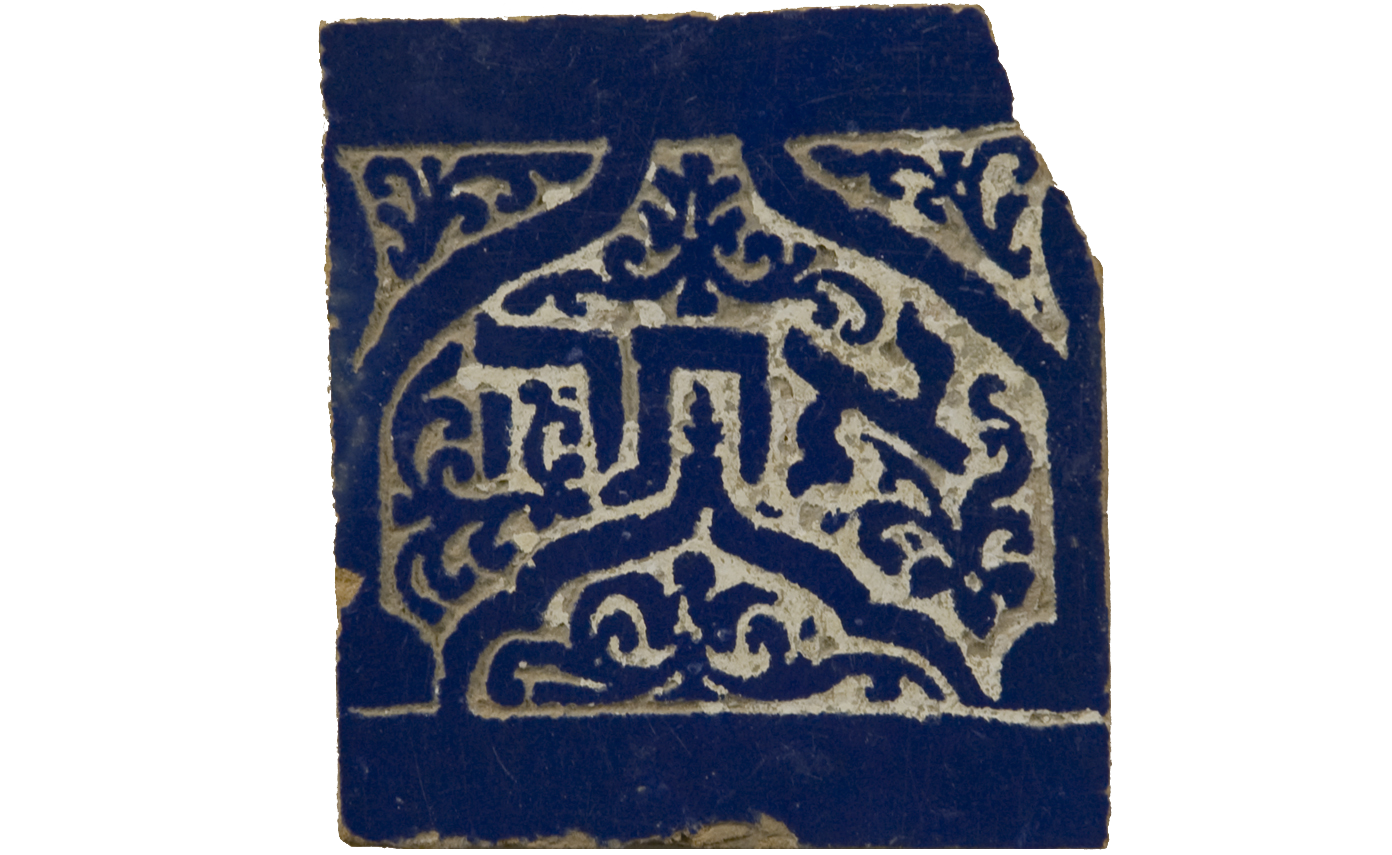| Source (Hebrew) | Translation (English) |
|---|---|
|
אַתָּה־ה֣וּא יְהוָה֮
לְבַדֶּךָ֒ את [אַתָּ֣ה] עָשִׂ֡יתָ אֶֽת־הַשָּׁמַיִם֩ שְׁמֵ֨י הַשָּׁמַ֜יִם וְכָל־צְבָאָ֗ם (נחמיה ט:ו חלק) |
You, Yah,
You, alone have made the heavens, The heavens beyond our heaven, All those that serve you there.[1] Neḥemyah 9:6 partial |
|
הָאָ֜רֶץ וְכָל־אֲשֶׁ֤ר עָלֶ֙יהָ֙
הַיַּמִּים֙ וְכָל־אֲשֶׁ֣ר בָּהֶ֔ם וְאַתָּ֖ה מְחַיֶּ֣ה אֶת־כֻּלָּ֑ם וּצְבָ֥א הַשָּׁמַ֖יִם לְךָ֥ מִשְׁתַּחֲוִֽים׃ (נחמיה ט:ו חלק) |
Earth and all that is on her;
The oceans, and all That they contain. The host of heaven bow to you, And you infuse them all with Life.[2] Neḥemyah 9:6 partial |
|
|
[here give Tsedakah]
|
|
אַתָּה־הוּא֙ יְהוָ֣ה הָאֱלֹהִ֔ים
אֲשֶׁ֤ר בָּחַ֙רְתָּ֙ בְּאַבְרָ֔ם וְהוֹצֵאת֖וֹ מֵא֣וּר כַּשְׂדִּ֑ים וְשַׂ֥מְתָּ שְּׁמ֖וֹ אַבְרָהָֽם׃ וּמָצָ֣אתָ אֶת־לְבָבוֹ֮ נֶאֱמָ֣ן לְפָנֶיךָ֒ וְכָר֨וֹת עִמּ֜וֹ הַבְּרִ֗ית לָתֵ֡ת אֶת־אֶרֶץ֩ הַכְּנַעֲנִ֨י הַחִתִּ֜י הָאֱמֹרִ֧י וְהַפְּרִזִּ֛י וְהַיְבוּסִ֥י וְהַגִּרְגָּשִׁ֖י לָתֵ֣ת לְזַרְע֑וֹ וַתָּ֙קֶם֙ אֶת־דְּבָרֶ֔יךָ כִּ֥י צַדִּ֖יק אָֽתָּה׃ (נחמיה ט:ז-ח) |
You chose Avram. You brought him out of Ur, Of the Chaldees. You named him Av-raham, And found his heart To be trustworthy enough, To make a covenant with him.[3] Neḥemyah 9:7-8 |
|
כְּהַיּ֥וֹם הַזֶּֽה׃ (נחמיה ט:י חלק)
וַיַּ֨רְא יִשְׂרָאֵ֜ל אֶת־הַיָּ֣ד הַגְּדֹלָ֗ה אֲשֶׁ֨ר עָשָׂ֤ה יְהוָה֙ בְּמִצְרַ֔יִם (שמות יד:לא חלק) |
|
|
וַיִּֽירְא֥וּ הָעָ֖ם אֶת־יְהוָ֑ה
וַיַּֽאֲמִ֙ינוּ֙ בַּֽיהוָ֔ה וּבְמֹשֶׁ֖ה עַבְדּֽוֹ׃ (שמות יד:לא חלק) |
We, the people, saw it,
And we put our faith in You, Yah, And in Moshe, your servant.[6] Cf. Exodus 14:31 partial |
|
אָ֣ז יָשִֽׁיר־מֹשֶׁה֩ וּבְנֵ֨י יִשְׂרָאֵ֜ל אֶת־הַשִּׁירָ֤ה הַזֹּאת֙ (שמות טו:א חלק)
וַיַּֽאֲמִ֙ינוּ֙ בַּֽיהוָ֔ה (שמות יד:לא חלק) תְּבִאֵ֗מוֹ וְתִטָּעֵ֙מוֹ֙ בְּהַ֣ר נַחֲלָֽתְךָ֔ מָכ֧וֹן לְשִׁבְתְּךָ֛ פָּעַ֖לְתָּ יְהוָ֑ה מִקְּדָ֕שׁ אֲדֹנָ֖י כּוֹנְנ֥וּ יָדֶֽיךָ׃ (שמות טו:יז) |
|
|
יְהוָ֥ה ׀ יִמְלֹ֖ךְ לְעֹלָ֥ם וָעֶֽד׃ (שמות טו:יח)
יְהוָ֥ה ׀ יִמְלֹ֖ךְ לְעֹלָ֥ם וָעֶֽד׃ |
Yah, will reign there always.[10] Exodus 15:18
Yah, will reign there always. |
|
בַּיּ֣וֹם הַה֗וּא יִהְיֶ֧ה יְהוָ֛ה אֶחָ֖ד
וּשְׁמ֥וֹ אֶחָֽד׃ (זכריה יד:ט) |
On that day, Yah will be One.
And, His Name, will be One.[11] Zekharyah 14:9 |
Rabbi Zalman Schachter-Shalomi, z”l, included his adaptation of the liturgy for Az Yashir (Exodus 14:31, Exodus 15:1-18) with its verses of introduction from Neḥemyah 9:6-10 and its culminating verse from Zekharyah 14:9, in his Siddur Tehillat Hashem Yidaber Pi (2009). To the best of my ability, I have set his English translation side-by-side with these verses in Hebrew from Exodus and Neḥemyah. I have replaced anglicizations and removed capitalization for divine pronouns. –Aharon N. Varady
Source(s)



